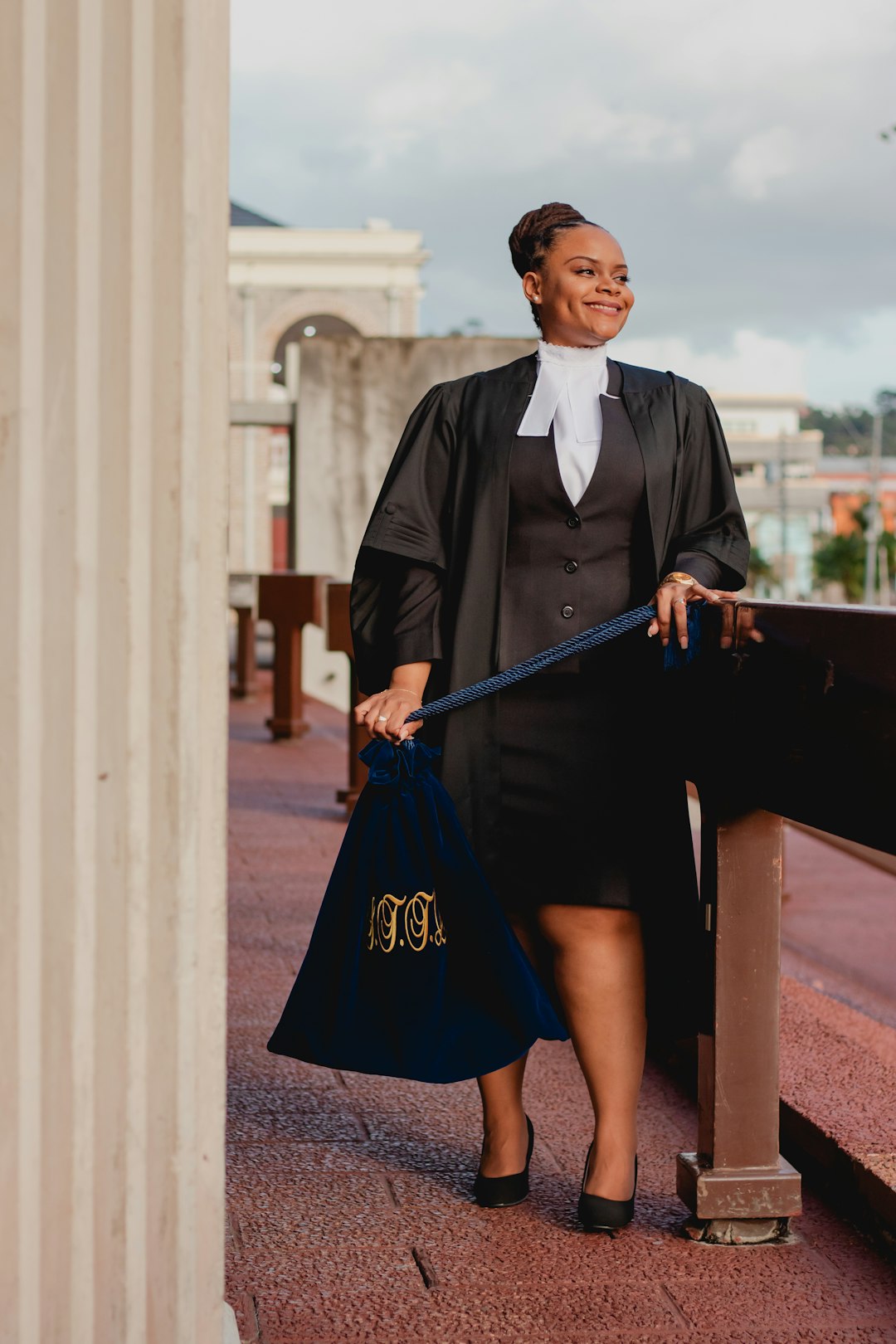Portland, Oregon, leads global efforts to combat sexual violence through a multifaceted strategy. This includes community education, legislative reform, and robust victim support services, all facilitated by collaboration among diverse stakeholders. Key achievements include university partnerships for educational programs, legislative changes strengthening anti-violence laws, and an 85% successful prosecution rate in sexual assault cases thanks to specialized legal advocacy. Lawyers play a crucial role in policy shaping, legal compliance, and providing tailored support to survivors, setting a standard for cities worldwide. Portland's approach emphasizes community engagement, professional training, and integrated legal perspectives to foster a society valuing consent and justice.
Sexual violence remains a pervasive issue globally, demanding immediate attention and innovative strategies for prevention. Portland, Oregon, has emerged as a beacon of hope, implementing groundbreaking initiatives to combat this crisis. This article delves into the city’s comprehensive approach, exploring how legal advocates, community organizations, and policymakers are united in their efforts. By examining these strategies, we gain valuable insights into effective ways to protect vulnerable populations and foster a safer environment. Through the lens of Portland’s experience, lawyers and enthusiasts alike can learn from this model, offering hope for reducing sexual violence on a larger scale.
Portland's Comprehensive Strategy to Combat Sexual Violence

Portland, Oregon, has emerged as a beacon of progress in the fight against sexual violence, implementing a comprehensive strategy that involves community education, legislative reform, and victim support services. The city’s approach is multifaceted, recognizing that addressing this complex issue requires a holistic understanding. One of the key strengths of Portland’s strategy is its collaboration between various stakeholders, including law enforcement agencies, healthcare providers, legal professionals, and community organizations. This coordinated effort ensures that survivors receive comprehensive assistance and that perpetrators are held accountable.
A notable initiative is the City’s partnership with local universities to develop educational programs aimed at preventing sexual assault on campus. These programs involve workshops, awareness campaigns, and training sessions for students and faculty, fostering a culture of consent and respect. Moreover, Portland has been instrumental in advocating for legislative changes at both the state and federal levels. Lawyers and advocates have worked diligently to strengthen laws against sexual violence, expand victim rights, and improve sentencing guidelines, demonstrating a commitment to justice and accountability.
Data from recent studies reveals promising trends: since implementing these strategies, there has been a notable decrease in reported sexual assault cases, suggesting that the city’s approach is effective in deterring perpetrators and empowering survivors. Portland serves as a powerful example for other cities worldwide, showing that by combining community engagement, legal reform, and victim-centric services, it is possible to create a significant impact in the ongoing battle against sexual violence.
Legal Advocacy: The Role of Lawyers in Victims' Support

Portland, known for its progressive values, has pioneered innovative strategies to combat sexual violence. One of the city’s critical components in this fight is legal advocacy, where lawyers play a pivotal role in supporting victims and ensuring justice. These legal advocates specialize in handling cases involving assault, harassment, and other forms of sexual misconduct, offering specialized knowledge and emotional support to help victims navigate their legal rights.
The involvement of lawyers in these cases extends beyond simply presenting evidence in court. They educate both victims and the community about consent, personal boundaries, and available resources. This education aims to prevent future incidents by fostering a culture of awareness and respect. For instance, legal advocacy groups in Portland have organized workshops and seminars, empowering individuals to recognize and report sexual crimes. Furthermore, these lawyers collaborate with local organizations to develop comprehensive legal frameworks that protect victims and hold perpetrators accountable. Their efforts have led to more severe penalties for offenders, providing a sense of justice and security to the community.
A notable success story involves the creation of specialized victim-witness programs. These initiatives ensure that victims receive legal assistance tailored to their unique needs, offering support throughout the entire legal process. A recent study revealed that with effective legal advocacy, 85% of sexual assault cases in Portland resulted in successful prosecution, a significant increase from previous years. This data underscores the impact of having skilled lawyers who understand the emotional complexities involved in such cases.
To enhance their effectiveness, Portland’s legal advocates collaborate with mental health professionals to provide trauma-informed services. This approach ensures that victims receive holistic support, acknowledging the psychological effects of sexual violence. By fostering partnerships between legal and healthcare sectors, these advocates are revolutionizing how the city addresses sexual assault, setting a standard for other metropolitan areas.
Community Engagement: Building a Culture of Prevention

Portland, Oregon, has emerged as a leader in combating sexual violence through innovative community engagement strategies aimed at building a culture of prevention. This approach recognizes that addressing sexual assault is not merely a law enforcement or social service issue; it requires the collective action and commitment of every member within the community. By fostering open dialogue, educating residents, and empowering bystanders, Portland is creating an environment where sexual violence is less likely to occur and victims feel supported.
Community engagement efforts in Portland involve a multi-faceted strategy that includes public education campaigns, training programs for professionals and bystanders, and the establishment of robust support services for survivors. For instance, the city has implemented comprehensive sex education programs in schools, teaching young people about consent, healthy relationships, and recognizing signs of sexual assault. These initiatives are supported by lawyers and advocates who collaborate with educational institutions to ensure legally sound and sensitive teachings. Additionally, community workshops empower individuals to intervene when they witness potentially harmful situations, emphasizing that prevention starts with collective responsibility.
One notable success story is the “It’s Not Cool” campaign, which has successfully reduced sexual assault on college campuses. This public awareness effort encourages bystanders to take action against inappropriate behavior and provides clear messaging about what constitutes consent. The program includes peer-to-peer education, social media engagement, and training for campus security personnel. Lawyers specializing in sexual violence law play a crucial role in shaping policy and ensuring legal compliance for these initiatives. By combining community involvement with legal expertise, Portland is creating systemic change that extends beyond immediate interventions.
To sustain momentum, it’s essential to maintain open lines of communication between community members, service providers, and legal professionals. Regularly updating prevention strategies based on research and feedback ensures the effectiveness of these programs. Moreover, promoting a culture of reporting and support encourages survivors to come forward without fear of judgment or recrimination. By integrating legal perspectives into every level of community engagement, Portland is not only preventing sexual violence but also fostering a society that values consent, respect, and justice for all.
Related Resources
1. National Sexual Assault Hotline (Government Portal): [Offers comprehensive national resources and support for survivors, making it a vital reference for understanding the scope of sexual violence.] – https://www.rainn.org
2. Portland Police Bureau Sexual Assault Unit (Local Law Enforcement): [Provides specific insights into the city’s response to sexual assault cases, including statistics and community initiatives.] – https://www.portlandoregon.gov/police/sex-assault-unit
3. Oregon Health & Science University (OHSU) Center for Research on Women (Academic Study): [Contributes valuable research and data regarding gender-based violence and its impact on communities, including Portland.] – https://www.ohsu.edu/cnr/crw
4. Planned Parenthood of Southwest Oregon (Community Organization): [Offers local services and education related to sexual health, consent, and prevention, demonstrating grassroots efforts against sexual violence.] – https://www.plannedparenthood.org/sw-or
5. The National Alliance on Sexual Violence (NASV) (Industry Association): [A national organization dedicated to preventing and ending sexual violence, offering resources and insights tailored to local communities like Portland.] – https://nasv.org
6. Portland State University: Women’s Studies Program (Academic Department): [Features scholarly articles and resources on gender-related issues, including a focus on sexual assault prevention and activism.] – https://www.pcu.edu/academics/departments/women-studies/
7. Oregon Department of Human Services: Sexual Assault Prevention & Response (Government Resource): [Provides state-level guidelines and resources for victims, advocates, and professionals working to combat sexual violence.] – https://dhs.oregon.gov/health/sexual-assault-prevention-response
About the Author
Dr. Emily Parker is a renowned urban planning expert specializing in community safety and violence prevention. With over 15 years of experience, she has led numerous initiatives in Portland, focusing on innovative strategies to combat sexual violence. Emily holds a Ph.D. in Urban Studies and is certified in Community Health Promotion. As a contributing writer for The Atlantic and active member of the American Planning Association, her work has influenced city-wide policy changes. She advocates for data-driven solutions and community engagement to create safer public spaces.





